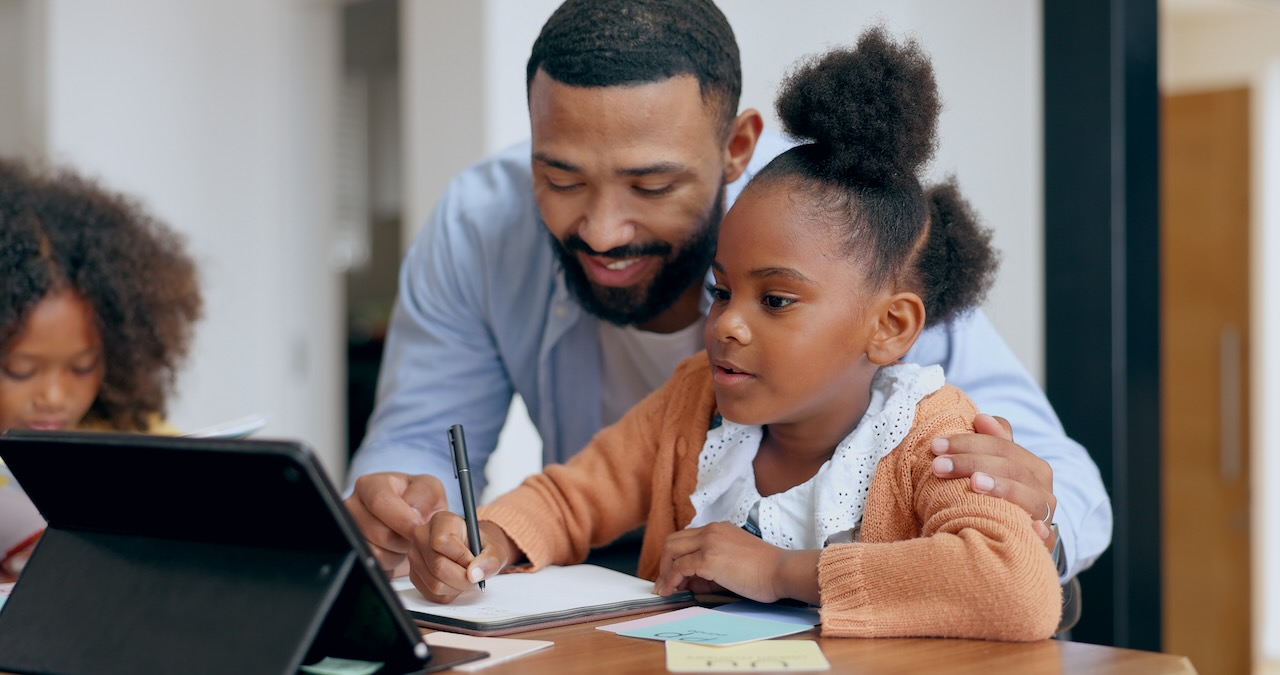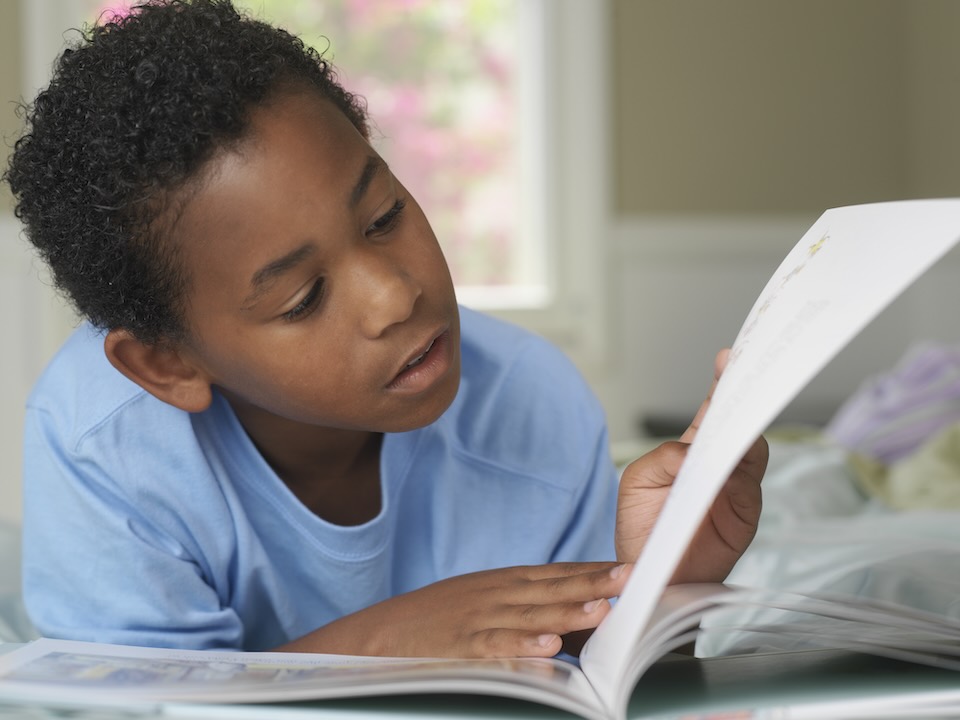Technology has transformed both how we teach and how students learn to read. It has introduced new tools that make learning more engaging, especially for children with reading difficulties or dyslexia, offering opportunities that once seemed out of reach. However, despite these innovations, it’s crucial to remember that effective reading instruction still relies on foundational skills like phonics and structured literacy.
How Reading Technology Can Support Readers
Traditional teaching methods can fall short for students who struggle with reading fluency, comprehension, or decoding. That’s where tools like Noah Text, Learning Ally, and Voice Dream Reader can make a difference. These technologies provide features like text highlighting, auditory support, and scaffolding, helping make reading more accessible and engaging for learners who need additional support.
- Noah Text is a text-to-speech software designed to assist individuals with reading difficulties, such as those with dyslexia or other learning challenges. It helps users by reading aloud digital text, which can make reading more accessible.
- Learning Ally provides a comprehensive library of audiobooks and other resources to support students with learning disabilities, such as dyslexia. The Learning Ally platform offers access to human-narrated audiobooks, which can be paired with text highlighting and other features to improve accessibility.
- Voice Dream Reader is a mobile app that provides customizable text-to-speech playback, catering to individual preferences and needs. Its design assists individuals with reading difficulties, such as those with dyslexia or anyone who prefers auditory learning.
Assistive technology like the ones listed above when paired with phoniocs-based reading skills,can help struggling students build their confidence and reading endurance, giving them a way to access and understand texts they might normally find too difficult.
Why Basic Reading Skills Still Matter
While technology can be a helpful tool in learning to read, it should not replace traditional reading instruction. Phonics-based instruction remains the most effective method for developing strong reading skills. This approach teaches students how letters and sounds work together, enabling them to decode unfamiliar words and improve overall reading. For many struggling readers, mastering phonics is a crucial step in enhancing their reading abilities.
Tutors trained in structured literacy can tailor their teaching to meet the needs of each student. This personalized approach ensures that students learn the fundamentals of reading and gain confidence as they progress. They start with simple texts and gradually work up to more complex ones, building their reading skills and confidence along the way—laying a solid foundation for long-term success.
Combine Phonics Reading + Technology for Maximum Impact
- Teachers and tutors can use phonics in lessons, and students and parents can use tools like Noah Text or Learning Ally at home for extra support
- Parents can encourage their children to read more by using regular books and tech that helps with understanding, such as apps with decodable text or interactive reading exercises.
- Librarians and tutors can provide resources for different learning needs, ensuring students have access to phonics programs and tech in reading tools.
This balanced approach helps students build core skills using proven methos while supplementing thier learning and maximizing the helpful benefits of technology.
Balance Matters. Here’s Why:
Whether in tutoring or the classroom, the goal is for students to become confident, independent readers. While technology can help address some learning gaps, over-reliance on it may prevent students from developing essential skills. For lasting success, we need a balanced approach that emphasizes phonics and structured literacy, while also using technology to supplement learning and make the process more engaging and flexible.
Support Your Child’s Reading Journey with GradePower Learning
At GradePower Learning, we know every student can become a great reader. Our reading programs help students build a strong foundation in basic reading skills using a phonetic approach.
Whether your child struggles with dyslexia, fluency, or understanding what they read, our tutors are here to help them build the skills they need to succeed—not just in reading but in life! Focusing on the basics and using personalized solutions creates a space where all readers can thrive.
Start today and see how our personalized approach to reading can help your child.
Find a location near you and enroll today!





